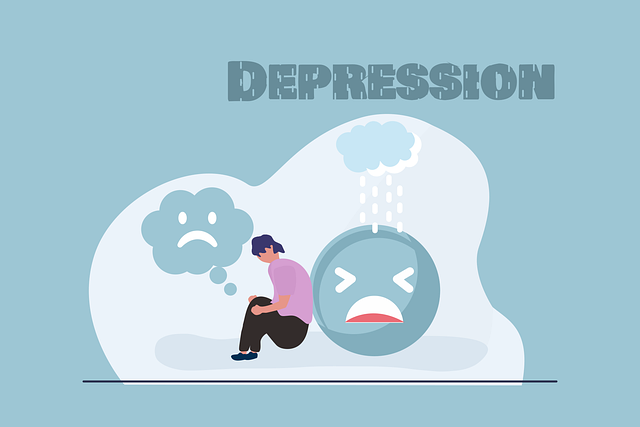Colorado Springs Learning Disability Therapy tackles substance abuse by addressing underlying mental health issues, trauma, and learning disabilities. They specialize in risk management planning, social skills training, and early intervention to prevent and reduce substance abuse risks. Their holistic approach promotes stress management, resilience, and healthier coping strategies, empowering individuals to make informed choices and achieve better mental well-being.
Substance abuse poses significant risks, impacting individuals’ health, relationships, and overall well-being. This comprehensive guide explores risk reduction strategies, focusing on prevention, early intervention, and effective treatment. We delve into understanding the complexities of substance abuse, identifying key risk factors, and exploring evidence-based approaches such as educational programs, family support (including Colorado Springs Learning Disability Therapy), community outreach, and tailored recovery plans. By implementing these strategies, we aim to mitigate risks and foster healthier communities.
- Understanding Substance Abuse and Its Risks
- Identifying Risk Factors and Early Signs
- Strategies for Prevention and Intervention
- 3.1 Educational Programs and Awareness Campaigns
Understanding Substance Abuse and Its Risks

Substance abuse is a complex issue that can have severe consequences on individuals’ lives and well-being. It’s important to understand that this behavior often stems from underlying factors such as mental health disorders, trauma, or learning disabilities. Colorado Springs Learning Disability Therapy offers specialized support for those dealing with these challenges. By addressing the root causes, therapists can help clients develop healthy coping mechanisms and build resilience.
Social Skills Training and Resilience Building are crucial components of risk reduction strategies. Teaching individuals effective communication, problem-solving, and emotional regulation skills empowers them to make better choices. Additionally, Risk Management Planning for Mental Health Professionals plays a vital role in early intervention and prevention. Through tailored programs and support systems, communities can foster an environment that reduces the risks associated with substance abuse and promotes overall mental health.
Identifying Risk Factors and Early Signs

Identifying risk factors is a crucial step in preventing substance abuse. Individuals with underlying mental health conditions, such as anxiety or depression, often turn to drugs or alcohol as a coping mechanism. Learning disability therapy in Colorado Springs can help recognize these early signs. Therapists can assist clients in understanding their emotional triggers and developing healthier coping strategies. By addressing mental wellness proactively, individuals become better equipped to resist the allure of substance abuse.
Self-awareness exercises play a vital role in this process. Through counseling sessions, clients learn to identify their stress management challenges and develop personal resilience. By fostering open communication with therapists, they can uncover potential risk factors and implement strategies for better mental health. This proactive approach empowers individuals to make informed choices, ensuring a brighter and healthier future.
Strategies for Prevention and Intervention

Prevention and early intervention are key to reducing substance abuse risks. At organizations like Colorado Springs Learning Disability Therapy, professionals focus on identifying potential issues before they escalate. This involves educating individuals and communities about the dangers of substance abuse and promoting healthy coping mechanisms. Workshops that teach stress management techniques can significantly reduce the likelihood of turning to substances as a means of relief.
Intervention strategies also play a crucial role in supporting those already struggling. By providing timely assistance, individuals can learn effective ways to manage underlying conditions like depression, which often contribute to substance abuse. Mental illness stigma reduction efforts are integral to this process, encouraging open conversations and fostering an environment where people feel comfortable seeking help without fear of judgment.
3.1 Educational Programs and Awareness Campaigns

Substance abuse is a complex issue, but with the right strategies, risks can be significantly reduced. By understanding the early signs and risk factors, implementing educational programs, and fostering community awareness, we can create a safer environment for everyone, especially those in Colorado Springs seeking support for learning disabilities alongside substance abuse issues. These comprehensive approaches are essential steps towards a healthier and more informed society.












